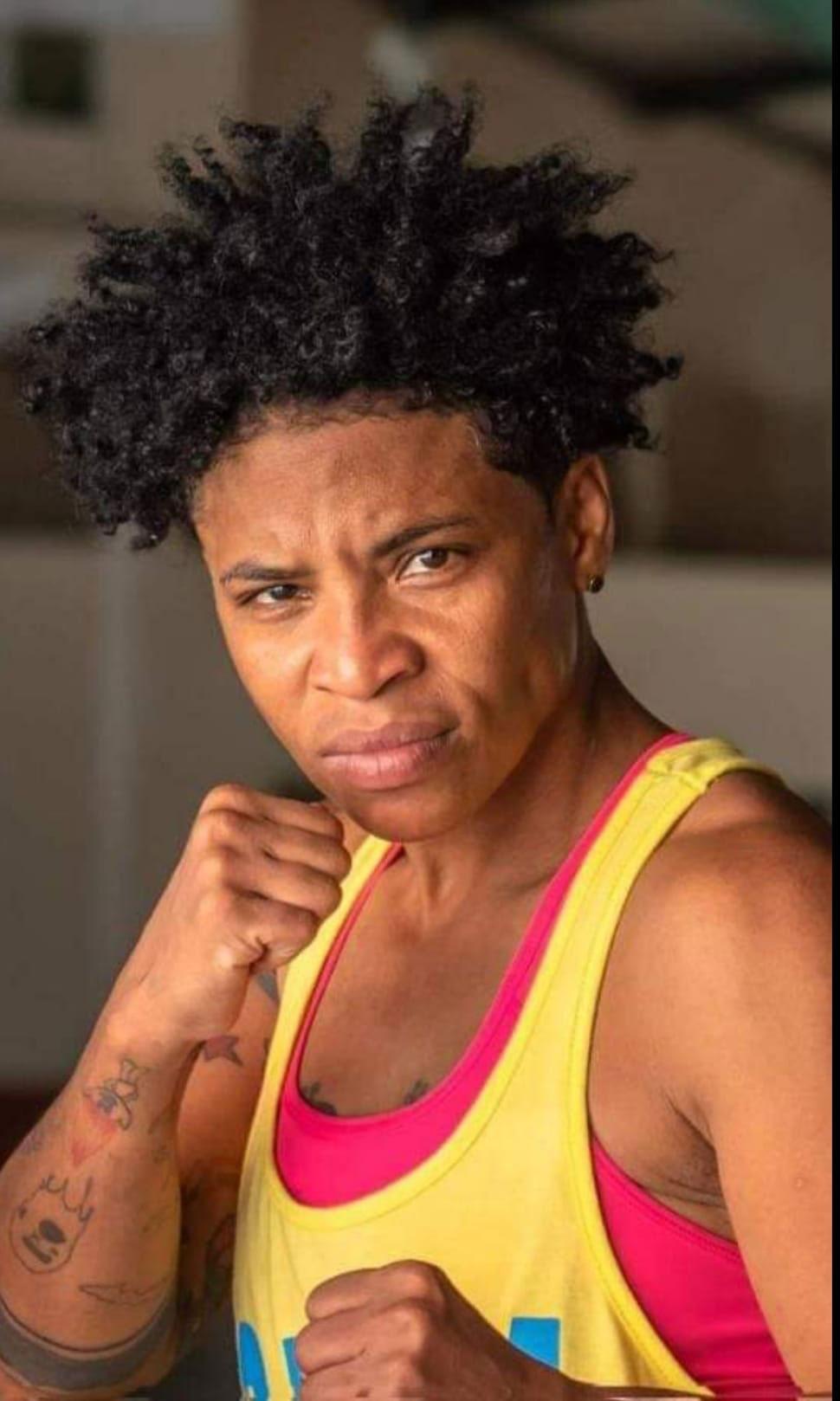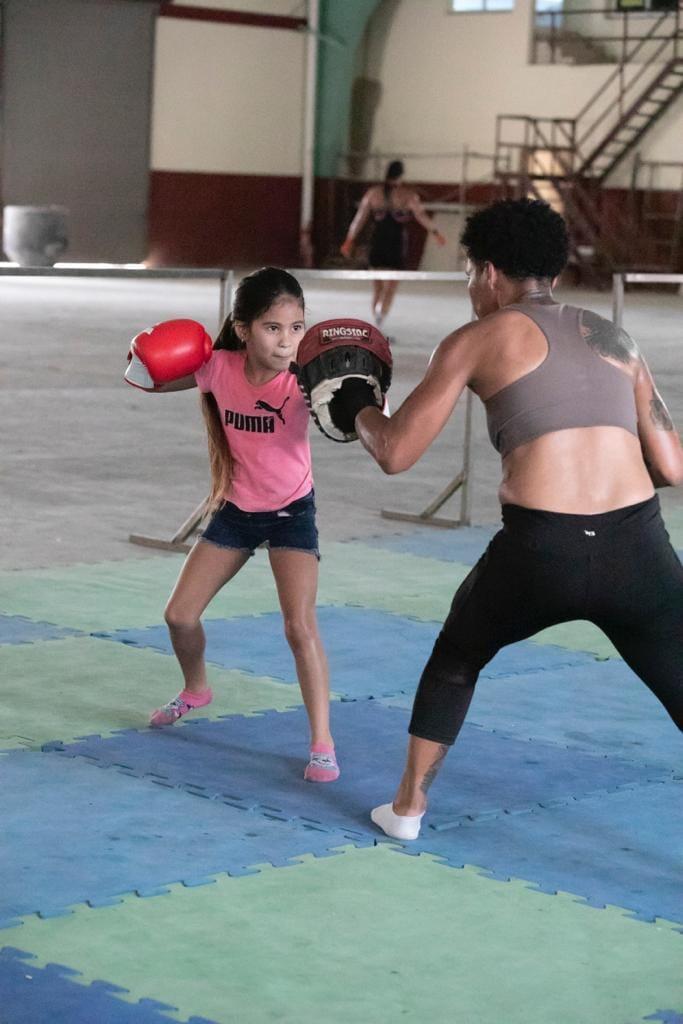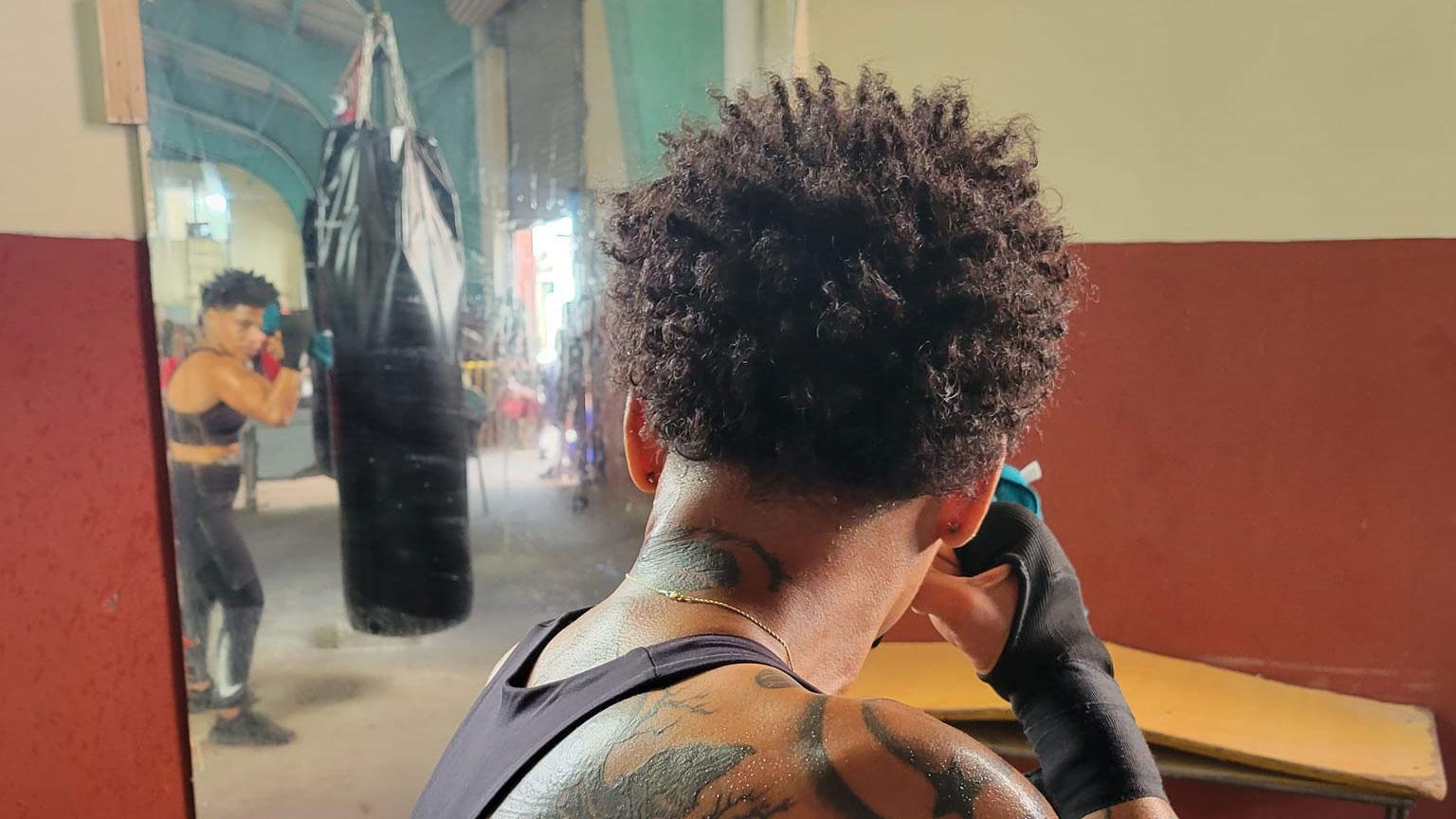For many years, Namibia Flores was the only female boxer in Cuba. She always dreamed of boxing at the Olympic Games.
“Since the beginning, I’ve been training with men,” she said. “They were all men. I would do the same type of exercises they do, learn the same techniques and I would always fight against them.”

But after almost two decades of training, Flores was never able to go to the Olympics. Not because she wasn’t good enough, but because, ever since Fidel Castro’s revolution, women have been banned from competing.
“Here in Cuba, female boxing didn’t exist in anyone’s mind,” Flores said.
For those athletes who wanted a career, the only choice was to leave the country, something Flores did not want to do.
“I got offers to go live abroad,” she said, “but I’m so attached to my homeland and my family, and I didn’t want to represent any country other than mine.”
Cuba is home to many male boxing champions. In the last 50 years, the island has won more Olympic gold medals in boxing than any other country.
But the ban on women’s boxing has been controversial, especially because it didn’t apply to other contact sports, like taekwondo and wrestling.
In 2009, the International Olympic Committee gave the green light for women to box at the Games. That sparked rumors in Cuba about the government doing the same.
“I pulled up my socks,” Flores said. “I really was hopeful, so I trained harder to maintain my weight, and get stronger.”
But the announcement never came.
At that time, the former coach of Cuba’s national boxing team, Pedro Roque, told a group of journalists that “Cuban women are there to show their beauty, not to take punches.”
For her part, Namibia Flores persisted. She kept training. “I had a really traumatic childhood in Cuba, and boxing saved my life,” she confessed. “I wasn’t going to give up.”
Eventually, about a dozen other women joined her, with the hope that one day the rule would change and they could box for Cuba.
Finally, that day arrived. On Dec. 5, Vice President of the Cuban Institute of Sports Ariel Saínz authorized women’s boxing in Cuba at a news conference in Havana.

He described it as “an important step in the development of Cuban boxing.”
Saínz explained that the recently approved family code, aimed at fighting discrimination against women and LGBTQ people in Cuba’s machista culture, provided an extra incentive for the move.
Alberto Puig de la Barca, president of the Cuban Boxing Federation, said Cuba has been doing exhaustive medical research to find out if it’s safe for women to compete in boxing. “And we finally concluded that there’s no problem,” he said.
Puig added that women will be required to present a pregnancy test seven days prior to any fight.
Over the weekend, sports officials chose among 42 athletes to form Cuba’s first women’s boxing team in recent history. The selected boxers will debut at the Central American and Caribbean Games in El Salvador, a first step toward the 2024 Olympic Games in Paris.
But for Namibia Flores, it’s too late for her to get into the ring. She’s 46 years old, and the International Boxing Association says women can compete up until the age of 40.
“This news is bittersweet for me,” she said. “Because after so many years of training, I can’t be part of the national team.”
But not all opportunities are lost.
Flores said she’s still hoping to go to the Olympics and represent Cuba one day, just not as a fighter. She’s applying to become the first coach of the new national women’s boxing team.
“Despite all the obstacles in my life, I’m proud to be who I am,” Namibia Flores said. “I wouldn’t change a thing about my story, and I will keep fighting.”
Our coverage reaches millions each week, but only a small fraction of listeners contribute to sustain our program. We still need 224 more people to donate $100 or $10/monthly to unlock our $67,000 match. Will you help us get there today?
